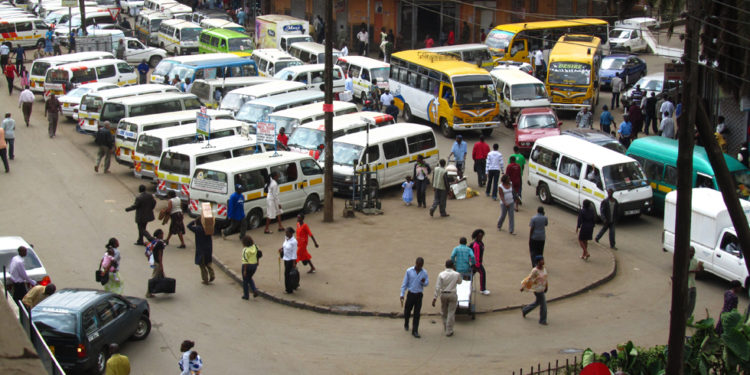The addition of an electric bus to the fleet of Super Metro Sacco a month ago was a significant occurrence. The firm is one of Nairobi’s largest public transport companies and announced that the K6 electric bus would be the first of five to be received by Super Metro from e-mobility start-up BasiGo.
A matatu carries 14 passengers, 13 if the tout’s seat is occupied solely by the tout and not in conjunction with a slightly squeezed passenger. However, electric buses imported by BasiGo and assembled by Associated Vehicle Manufacturers are 25-seater buses.
77 seater buses such as those offered by ROAM could provide an option for operators of larger matatus ‘Nganyas’ and buses e.g. Kenya Bus Service to switch to e-mobility.
Consequently, not only would the adoption of e-mobility reduce emissions by matatus, but it would also minimize traffic by reducing the number of vehicles on the road.
These positive externalities indicate that subsidization of public e-mobility by the government makes economic sense; for example, through tax incentives.
Read: E-commerce Is More Of A Tool Than An Idea
A main concern for Matatu Industry stakeholders is the high initial prices for e-buses, which can be rightly justified by the savings in servicing costs and the elimination of exposure of matatu owners and passengers to fuel price volatility. Electricity price fluctuations are much less dramatic than those of fuel.
Electric vehicles (EVs) also consume much less electricity on a shilling basis than diesel. Samuel Kamunya, BasiGo’s head of business development, states that for every 280km, EVs consume Ksh 2300 of electricity while Ksh 7000 of diesel is consumed in the same distance.
Additionally, payment can be spread out over multiple years, reducing capital requirements for matatus to make the shift.
Read: The Impact Of E-Commerce In Kenya
The environmental benefits of e-buses are clear, and their passenger capacity means they would be useful in reducing congestion, particularly in Nairobi. This makes tax breaks and subsidies on electric Public Service Vehicles a viable option as they would benefit Kenyan society as a whole.
Moreover, lower energy prices and lower price fluctuations, in addition to reduced maintenance costs due to less moving parts, mean that even more expensive e-matatus would eventually break even and turn significant profits.
In a nutshell, Government should incentivize the adoption of public e-mobility and matatus should shift to e-buses not solely for environmental reasons, but for economic and business reasons too.
Email your news TIPS to editor@thesharpdaily.com












